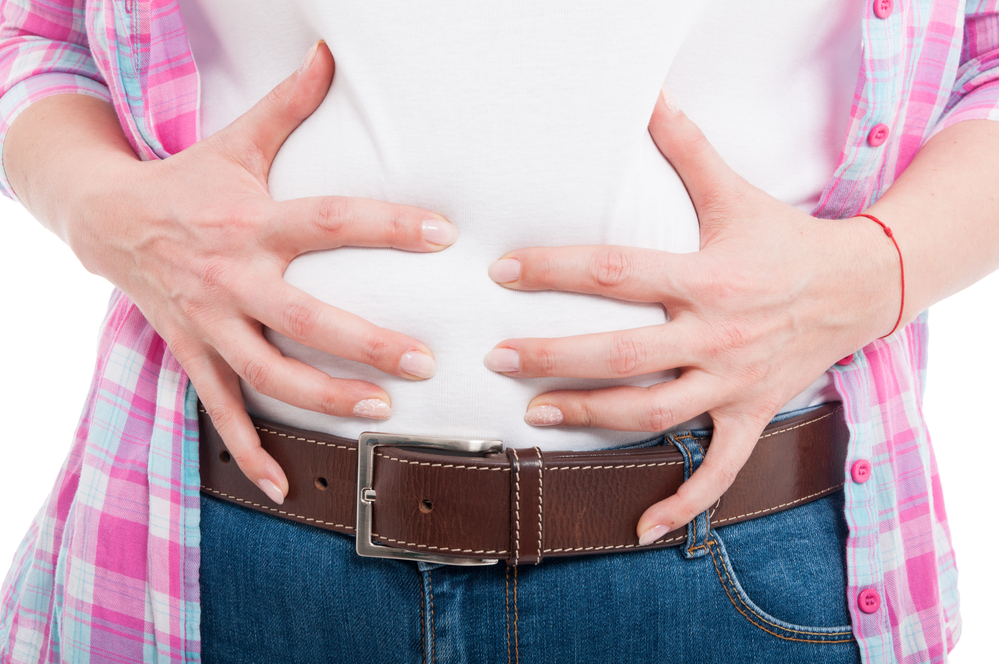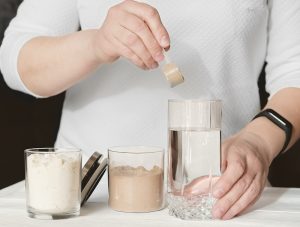
7 Surprising Benefits of Omega 3 and Vitamin D3
A substantial body of evidence supports the health benefits of Omega 3 and vitamin D3. In fact, these studies have been conducted around the globe

Bloating can cause discomfort for some people, such as a swollen or tight stomach. If you are someone who experiences bloating often, then you may want to consider using a probiotic for bloating. Probiotics can have significant health benefits for bloating and other GI issues, women’s health issues, immune health, and much more.
Several friendly bacteria strains are known to reduce bloating. Some of the most well-known probiotic strains for bloating reduction include Bifidobacterium lactis, Lactobacillus acidophilus, and Saccharomyces cerevisiae. A product like Evvea from Panacea Scientific has over a million CFUs of Bifidobacterium lactis and Lactobacillus acidophilus to help you regulate your gut health.
Evvea also contains a prebiotic that can help probiotics be more effective. While the probiotic strains restore your gut microbiome, the prebiotic in the supplement feeds the friendly bacteria so your gut health can flourish. When you take a probiotic to help with bloating, the good bacteria in your gut will be able to break down your food more effectively, which can reduce bloating during digestion.
Probiotics are most effective when taken daily. Ideally, you should take probiotics in the morning with your breakfast or at night before bed if your probiotic supplement contains a prebiotic. You should follow product dosing directions to get the most out of your probiotic supplement.
You can also support the efficacy of your probiotic by consuming more prebiotics and soluble fiber in your diet. Prebiotic foods include items such as almonds, whole grains, flax, bananas, garlic, and onions. Foods containing high amounts of soluble fiber include Brussels sprouts, oats, beans, avocados, legumes, and seeds.
If you are using a probiotic to reduce bloating, it may take several days or weeks for you to notice results. Individuals who are relatively healthy and who eat a balanced diet full of fiber may notice reduced bloating within a month or less. The specific strain of probiotics used in your supplement can also have an impact on how quickly the supplement works to reduce bloating.
Some people experience bloating occasionally, while others may bloat after eating specific foods. For women, bloating is often part of PMS symptoms. Bloating is essentially the result of a build-up of gasses such as methane and carbon dioxide during digestion. While digestive gasses are a normal part of the digestive process, excessive gas in the intestines can be acutely uncomfortable.
You may be more likely to experience bloating if you have an unbalanced gut microbiome, if you have certain food intolerances, or if you are not getting enough fiber in your diet. Some people may also experience bloating because of low stomach acid or stress.
If you struggle with bloating, you can try to take a probiotic such as Evvea from Panacea Scientific. A probiotic can support healthy bacteria in your gut so your body produces less uncomfortable gas during digestion. Visit Panacea Scientific to order a probiotic for your gut health today.

A substantial body of evidence supports the health benefits of Omega 3 and vitamin D3. In fact, these studies have been conducted around the globe

Proteins are the body’s building blocks and are used to make essential elements such as skin cells, hormones, enzymes, tendons, and neurotransmitters. They are made

Did you know that for every human cell in your body, there are nine bacterial cells? Your gut is home to trillions of microorganisms known

Payment types accepted:
Visa/MC/Discover/ American Express
© Copyright Panacea Scientific 2020. All rights reserved. | Website by Infinite Web Designs